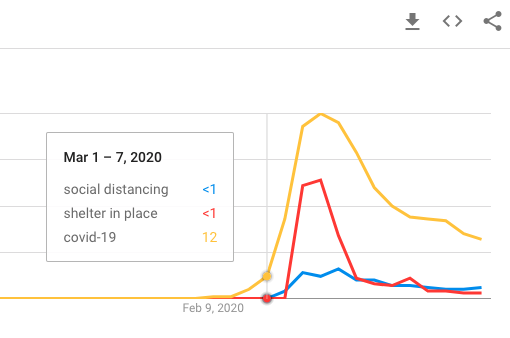
As we close out a fearsome week of the #covid19 pandemic and also #WorldAntimicrobialAwarenessWeek, the thread below is more relevant than ever.
I hope we've learned from all this that when public health experts alert us to ticking time bombs like these, we should *listen*up*.
I hope we've learned from all this that when public health experts alert us to ticking time bombs like these, we should *listen*up*.
https://twitter.com/GoodFoodScience/status/1329828620479721473
On @WHO's Food Safety Day, my colleague @orthostichy summarized the link between animal agriculture and #antimicrobialresistance.
All signs point to a public health crisis on the horizon — one that won't be solved with a "quick fix" like a vaccine. gfi.org/food-safety-day
All signs point to a public health crisis on the horizon — one that won't be solved with a "quick fix" like a vaccine. gfi.org/food-safety-day
I've tweeted on this topic before. This thread from April compiles what I see as greatest public health hazards associated w/ animal ag:
- zoonotic disease risk
- antibiotic resistance risk
- hazards to communities living near animal farming operations
- zoonotic disease risk
- antibiotic resistance risk
- hazards to communities living near animal farming operations
https://twitter.com/LizSpecht/status/1254120791395844096?s=20
I reiterate: the experts have been warning us about these risks for YEARS.
Here's an open letter from over 200 experts in 2017, coordinated by @sctwea (who now delightfully is on our team at @GoodFoodInst).
Here's an open letter from over 200 experts in 2017, coordinated by @sctwea (who now delightfully is on our team at @GoodFoodInst).
https://twitter.com/LizSpecht/status/1252628528635486208?s=20
If we fail to listen and fail to act — to move toward safer, more efficient alternative protein production systems as quickly as possible — we do so at our own peril.
• • •
Missing some Tweet in this thread? You can try to
force a refresh



